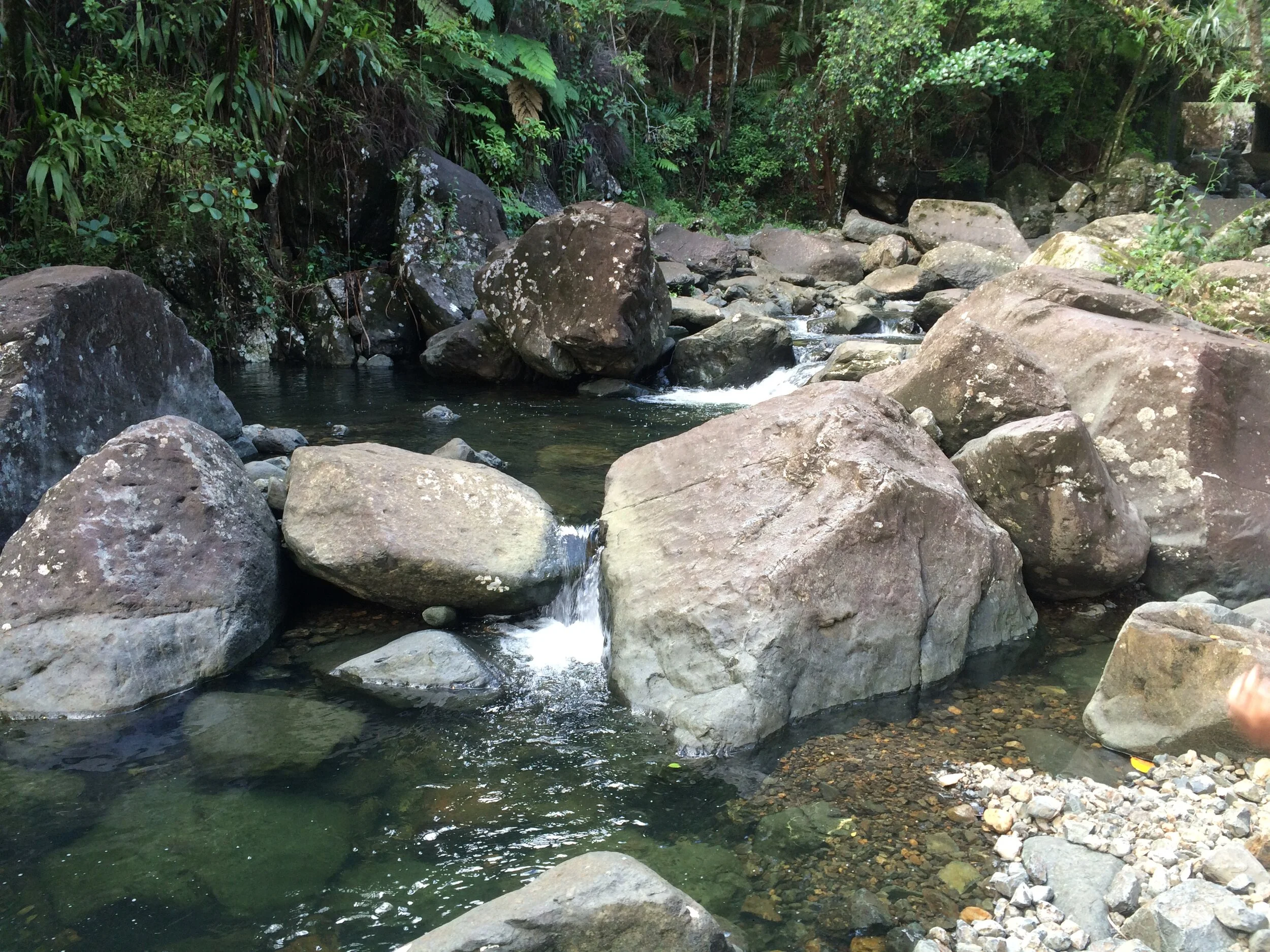
Research
Research Statement
My research focuses on systems of oppression that emerge at the intersection of climate justice, water governance, and disaster resilience. Also, it centers community members at the core of the decision-making processes and vital actors in designing policies to improve their well-being. I have presented my research to diverse audiences, including local communities, EPA officials, politicians, United Nations officials, and K-12 students.
Published Articles
-
NEPA and National Trends in Federal Infrastructure Siting in the United States
The United States' National Environmental Policy Act (NEPA) requires federal agencies to use environmental impact assessment tools to aggregate scientific information, garner stakeholder input, and weigh alternatives for infrastructure siting and operations decisions.Thus, NEPA plays a sweeping role in federal infrastructure provisioning…
-
Clashing Resilience: Competing Agendas for Recovery After the Puerto Rican Hurricanes
Resilience and the global economy
The Global South has the odds stacked against it in the world economy. Not only have its natural resources and human capital been expropriated by neoliberal forces (i.e., multinational corporations and the governments supporting them), but efforts to resist this expropriation have been dominated by neoliberal ideology…
-
How does stakeholder involvement affect environmental impact assessment?
Environmental impact assessment (EIA) processes are grounded on the assumption that producing information about environmental impacts will yield better environmental decisions. Despite the ubiquity of EIA as a policy tool, there is scant evidence of its environmental, social, or economic impacts…
-
Graduate Student Perspectives on Transforming Academia
Higher education institutions have long played a key role in solving
society's most pressing problems. However, as the scale and complexity of
socio-environmental problems has grown, there has been a renewed debate
about the role that academic institutions should play in developing solu-
tions and how institutional structures should be redesigned to encourage
greater interdisciplinarity. In the following pages, we present a graduate
student perspective on this debate. -
Barriers and opportunities to incorporating environmental justice in the National Environmental Policy act
Environmental justice, which seeks to achieve equity in the process and outcomes of environmental policy and
decision-making, is a broadly recognized policy objective. As a foundational environmental regulation and opportunity for public engagement with federal decision-making, the United States’ National Environmental Policy
Act (NEPA) is frequently considered a promising venue for addressing environmental justice.
Artículos publicados en español
-
Más allá del acceso al agua: impactos psicológicos ante la falta de seguridad hídrica
En el año 2010 la Organización de las Naciones Unidas (ONU) declaró el acceso al agua y el saneamiento como un derecho humano fundamental (Assembly, 2010). Este derecho implica que las sociedades deben asegurar los recursos y servicios hídricos para cubrir las necesidades de sus habitantes. Para proveer el recurso de agua por igual se debe garantizar la seguridad hídrica…
-
Agua, la crisis bajo la alfombra
La tierra está cambiando, no hay que ser un científico o estudioso para saberlo. Los océanos se convierten en desiertos (zonas muertas), los glaciares se derriten, la población sigue creciendo y los recursos hidrológicos escasean. El agua –como lo ha decretado la Organización de las Naciones Unidas para la Educación, la Ciencia y la Cultura (UNESCO)– ya no es un recurso infinito…
-
La geografía de la crisis del agua: ¿Dónde está Puerto Rico?
Investigación documental sobre el manejo y uso del agua con enfoque en la planificación y su influencia en la creación de planes para el buen uso del líquido.
-
Análisis de las estrategias para alcanzar los objetivos del milenio en materia de agua y saneamiento en Brasil y Camboya
Análisis de algunas de las estrategias que se han utilizado para alcanzar los Objetivos del Milenio (2015) en materia de agua y saneamiento, en dos casos de estudio: Ceará (Brasil) y Phnom Penh (Camboya).
